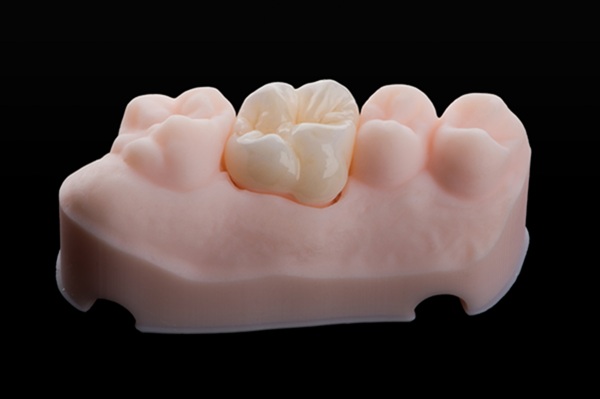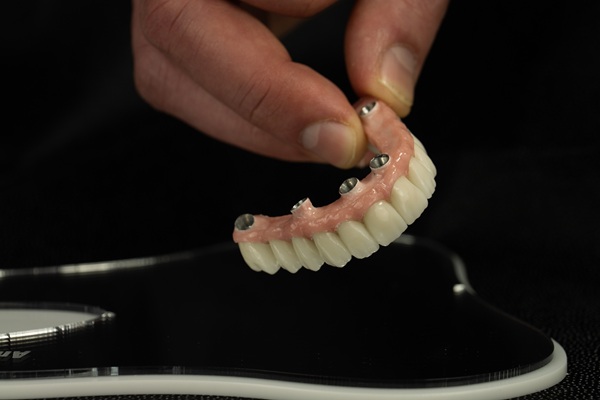Questions to Ask your Dentist about Dental Sedation

Are you deciding on getting an oral procedure done at the dentist but have a substantial amount of anxiety about what may occur? If this sounds like you, you may want to talk to your dentist about dental sedation. Dental sedation can make the process of going to the dentist’s office comfortable and anxiety-free.
Essentially, dental sedation is ideal for patients that may have a fear of the dentist (including the associated sounds and smells), for those that have sensitive teeth, an overreactive gag reflex or have a complex dental issue that may require an extensive period of time. Before undergoing a procedure at the dentist’s office, here are a few questions that you should have answered about dental sedation.
#1 – Is Dental Sedation Right for Me?
During your consultation, we will help you review your available options for dental sedation. This should take into account your age, health, the cause of your anxiety (i.e. childhood fears, past trauma), what particularly worries you about the procedure, physical discomforts, potential drug interactions and anything else that you may have in mind.
We understand the importance of professional dental care while being sensitive to your concerns. We will carefully explain how dental sedation can help you overcome these problems.
#2 – Which Type of Dental Sedation is Right for Me?
You should know that there is not just one catch-all type of dental sedation for every client. Asking your dentist/oral surgeon about which type of dental sedation they use can help you decide. For instance, some offices only offer IV sedation and nitrous oxide—for those that are afraid of needles, this can be a deal-breaker.
Other dental practices may offer other solutions, like oral sedation in pill form, where you may not feel a thing (or remember a thing, for that matter) during the operation. Additionally, the nature of your dental procedure may require general anesthesia, which requires an anesthesiologist to monitor your heart rate and life support functions while you are completely asleep.
#3 – What are the Side Effects or Risks?
It is important to understand that dental procedures have come a long way in recent years. Today's dental sedation techniques are safer and more effective than even a decade ago. However, you should still make it a priority to discuss all the possible side effects with us during a consultation.
This way, we can review your medical history and weigh the pros and cons of each method. While no medical procedure is ever 100 percent safe, you should know that dental sedation requires a close monitoring of your vital signs, especially during general anesthesia. We will review all common complications that come with each type of dental sedation during the consultation.
For instance, while nitrous oxide is the safest method of dental sedation, it can deplete your body’s level of B12. Similarly, if you have issues with healing and bruising, your dentist/oral surgeon should recommend other methods of dental sedation—or rule out your candidacy for the procedure entirely.
Call (520) 353-3002 today to reach us.
Recent Posts
Sedation dentistry helps individuals to overcome the fear of dentists. Dental anxiety affects many people and it often prevents them from getting treatments they need when problems develop in their mouths. However, most dental problems do not go away on their own. Treatment is needed to prevent the issue from getting worse, which can result…
Lions, tigers, dentists, oh my! If you’re dreading your next trip to the dentist’s office, you’re not alone. Dentophobia (fear of dentists) is a prevalent problem among people of all ages. Some dentists offer sedation dentistry to ease anxiety and worry while patients are in their chairs to combat this issue. Sedation dentist Dr. Payam…
Want to know exactly what having dental anxiety means? This term is used to describe any apprehension someone has when in a dental setting, which can happen before, during and even after going to a dental office. According to the American Dental Association, whatever your reason, the right dental team will make sure your dental…
Many are familiar with ceramic and metal crowns but may be less familiar with the unique advantages of zirconia crowns for repairing damaged teeth. This review highlights and answers frequently asked questions about zirconia crowns to help you decide if they may be the right type of dental restoration for you.Common questions that patients have…


